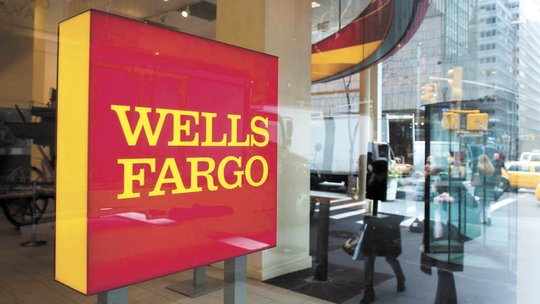
Leaders at Wells Fargo, one of the Raleigh area's largest deposit-holders, say they’re bullish on the state of entrepreneurship in the Triangle – even amid the headwinds startups have faced in 2023.
When Silicon Valley Bank fell, entrepreneurs – often under the guidance of their investors – rushed to shift their capital strategies. Suddenly, it was all about stability and diversification. Entrepreneurs were advised to split their deposits between multiple institutions – and some prioritized so-called “too big to fail banks,” hoping to avoid another disruption like what they’d experienced in March.
Wells Fargo (NYSE: WFC) was among the institutions waiting for their business.
“I think the startup companies, as well as their investors … they’re focused on stability,” said John Ward, Wells Fargo’s Triangle head for commercial banking, calling 2023 an “active year” for the bank.
“We’ve been able to be there for a lot of companies, to provide services for them,” he said.
Jeffrey Flome, Wells Fargo technology banking strategic advisor, said the Triangle tech scene was already an area of interest because of its growth profile. He works with companies from seed stage through initial public offerings – and said the Triangle has been a focus area for some time. He pointed to figures, such as the $4.1 billion in venture capital deployed here for the year leading up to March according to Pitchbook.
“Raleigh-Durham is punching above its weight,” he said, noting it ranks at number 11 in terms of venture dollars, above cities with larger populations such as Dallas and Atlanta.
But it has been difficult in recent months amid rising interest rates. Capital is still flowing. Debt is still being approved. But the dollars are harder to come by.
Flome said he’s seeing a priority shift among entrepreneurs as a result of the capital environment.
“The emphasis was previously on growth, and growth at all cost,” he said. “There’s been a big shift to profitability right now, and making sure you’ve got a path to profitability, especially to growth-stage companies. It’s evolved to profitability, cash neutrality as opposed to cash burning.”
Ward says there have been fewer exits – “there’s no doubt the market is a bit more challenging for startups to find capital.”
For Wells Fargo’s part, it’s been pushing collaboration. Flome said the bank is trying to make more connections between startups and investors – to utilize its network amid the tight funding environment. At the same time, it’s trying to make itself an invaluable partner for innovation.
Ward says the Triangle is still excelling when it comes to startups, and that it “continues to have all of the ingredients.”
He expects to see the startup ecosystem grow – as well as the Triangle’s reputation in the sector.